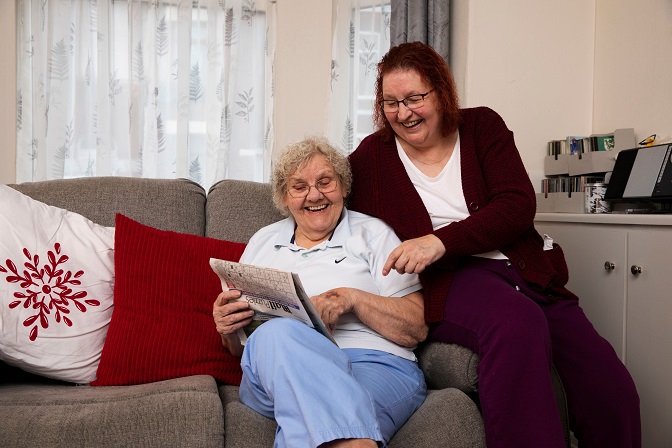What Is Dementia? Understanding the Condition That Affects Millions
If someone you love has recently been diagnosed with dementia, you might be feeling overwhelmed or unsure of what it really means. At Clarity Care Consulting, we support families through every stage of the care journey, and it all starts with understanding the condition.
In this post, we explain what dementia is, the common symptoms, who it affects, and how you can find support.
This is the first of a series of blogs we will be publishing as part of our support for Dementia Action week, which is a campaign to raise awareness of Dementia and the importance of an early diagnosis for people affected by Dementia.
Common Symptoms of Dementia
The symptoms of dementia can vary depending on the type, but common early signs include:
- Memory loss, especially short-term
- Difficulty following conversations or finding the right words
- Confusion about time or place
- Struggling with familiar tasks
- Mood changes, anxiety, or withdrawal from social activities
It’s important to note that occasional forgetfulness doesn’t necessarily mean someone has dementia. But if symptoms persist or worsen, it’s best to speak to a GP.
Who Is Affected by Dementia?
Dementia mainly affects people over the age of 65, but it can also occur in younger people. In the UK, over 944,000 people are currently living with dementia.
Several factors can increase the risk of developing dementia, including:
- Age
- Family history
- High blood pressure or heart disease
- Diabetes
- Poor diet, smoking, or lack of exercise
Understanding these risks can help with prevention and early intervention.
Diagnosis and Treatment
Getting a diagnosis can feel daunting, but early detection is key. A GP will often refer someone for memory tests, blood tests, or scans to assess symptoms and rule out other conditions.
There is currently no cure for dementia, but treatments and support are available. These can include:
- Medications to slow symptom progression
- Therapy and cognitive stimulation
- Lifestyle changes to support brain health
- Support from care providers and dementia services
Living with Dementia
With the right support, many people with dementia can live meaningful and fulfilling lives for years. Person-centred care—care that focuses on the individual’s preferences, needs, and values—can make a huge difference.
Support from family, friends, and professional carers is vital. Whether it’s help with daily tasks or emotional reassurance, small things can have a big impact.
How Clarity Care Consulting Can Help
Navigating the world of social care can be overwhelming. At Clarity Care Consulting, we work closely with families to:
- Understand the type of care that’s needed
- Find suitable care providers
- Guide you through funding options and local authority support
- Be your ongoing partner through every stage of the journey
We believe no one should have to face dementia alone.
Final Thoughts
A dementia diagnosis changes things, but it doesn’t mean the end of quality of life. With the right understanding, planning, and support, it’s possible to face the future with confidence.
If you’d like friendly, expert advice about care options for a loved one living with dementia, contact Clarity Care Consulting today. We’re here to help you every step of the way.

